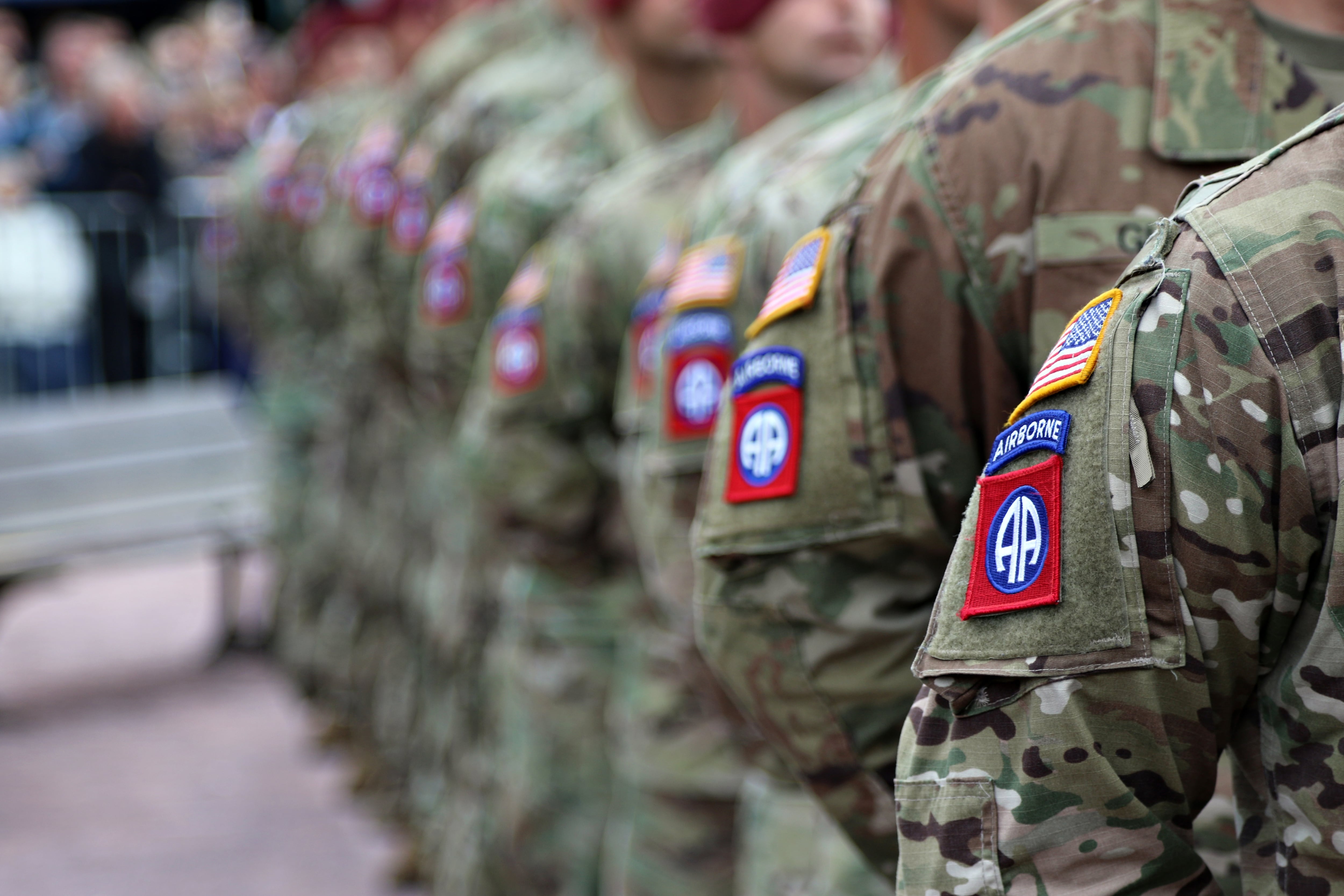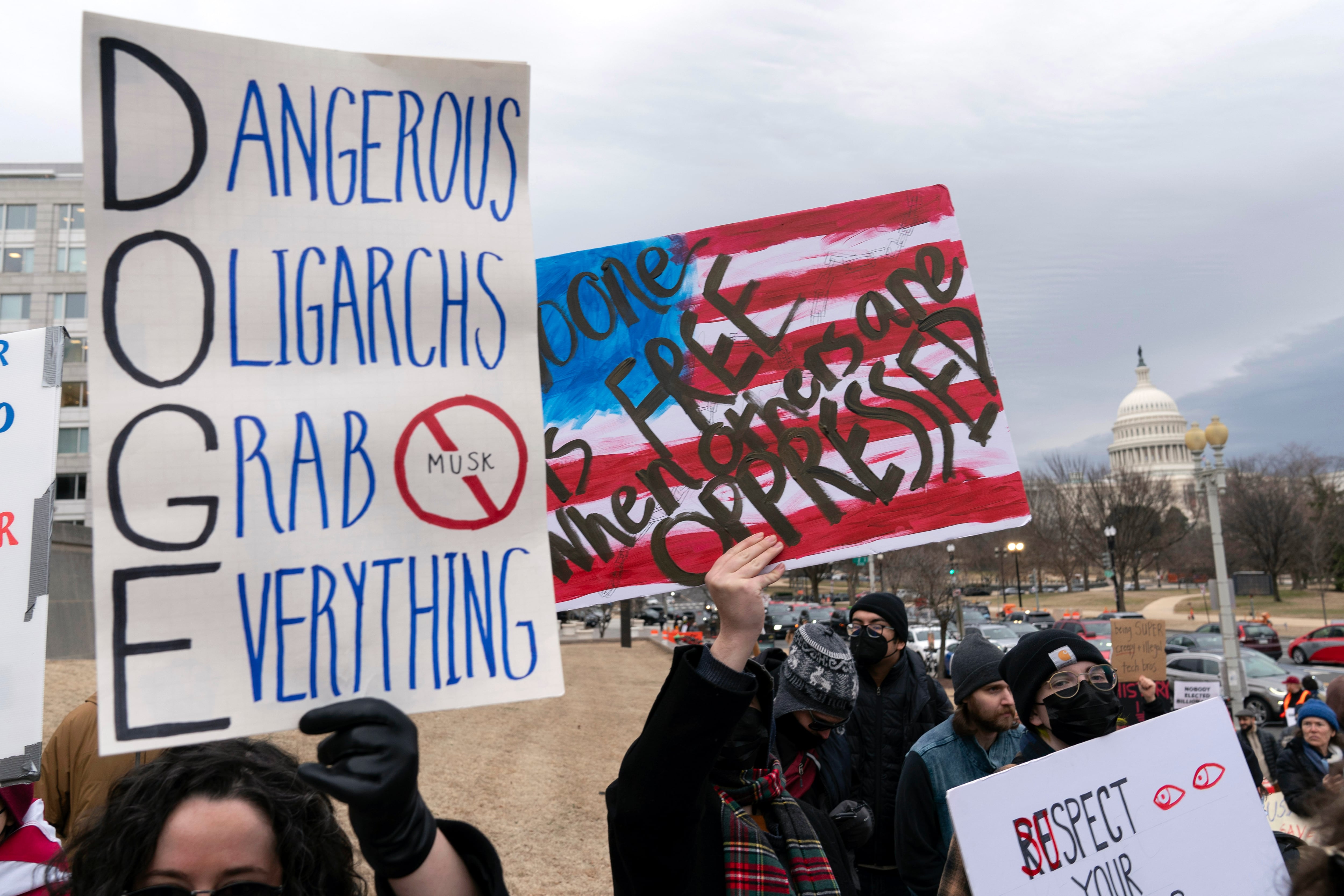The U.S. military has begun daily aerial-refueling tanker flights to support the Saudi-led coalition that is intervening in Yemen's civil war, the latest sign of growing American involvement in the new Middle East conflict.
A U.S. Air Force KC-135 Stratotanker flew the first mission Tuesday night, providing fuel for a Saudi-owned F-15 Eagle and an F-16 Fighting Falcon operated by the United Arab Emirates air force, Army Col. Steve Warren, a Pentagon spokesman, said Wednesday.
U.S. Central Command plans to fly one daily tanker mission to support the allied aircraft, but the tanker will not cross into Yemeni airspace, Warren said.
The Pentagon also has approved limited logistical and intelligence support as well as some weapons shipments for the Saudi-led air campaign that is striking at Iran-backed militants in the troubled Arab country.
CENTCOM has assigned about a dozen U.S. service members to a "fusion center" to work alongside Saudis and other allied militaries from the Gulf Cooperation Council and coordinate the limited U.S. support.
Those troops are providing limited intelligence support but are not sharing specific targeting information, Warren said.
The support operation is led by Marine Maj. Gen. Sam Mundy Bundy, CENTCOM's deputy commander of Marine Corps personnel.
Logistics support also is limited to operations outside Yemen. U.S. Navy ships and aircraft helped rescue a Saudi pilot who ejected over the Gulf of Aden on March 27, defense officials said.
The U.S. military is fast-tracking shipment of weapons and munitions to America's allies fighting in Yemen, mostly "bombs and guidance kits" that include previously planned shipments and some additional weapons to replenish allied stockpiles, Warren said.
The Saudi-led coalition primarily involves Sunni Arab countries, including UAE, Kuwait, Qatar, Bahrain, Jordan and Egypt.
For years, Yemen was touted as an example of successful U.S. counterterrorism efforts, where a cadre of Special Forces soldiers and routine drone strikes helped keep the al-Qaida-linked militants at bay.
But as the country fell into chaos in March, the U.S. withdrew its roughly 100 special operations troops who were in southern Yemen, training Yemeni government forces to fight militants linked to al-Qaida.
In March, the Saudi-led coalition began a campaign of airstrikes against the Shiite-linked Houthis who are trying to take over the Yemeni government. The Houthis are receiving support from Iran's Shiite-led government.
U.S. Deputy Secretary of State Tony Blinken told reporters Tuesday that the Saudi-led coalition "is sending a strong message to the Houthis and their allies that they cannot overrun Yemen by force."
Many experts fear the clash between Sunnis and Shiites in Yemen could spark a wider war across the Middle East. Iran reportedly began sending several of its navy ships into port in Yemen.
Warren said U.S. officials are "keeping a close eye on all the naval activities" in the region.
Andrew Tilghman is the executive editor for Military Times. He is a former Military Times Pentagon reporter and served as a Middle East correspondent for the Stars and Stripes. Before covering the military, he worked as a reporter for the Houston Chronicle in Texas, the Albany Times Union in New York and The Associated Press in Milwaukee.





